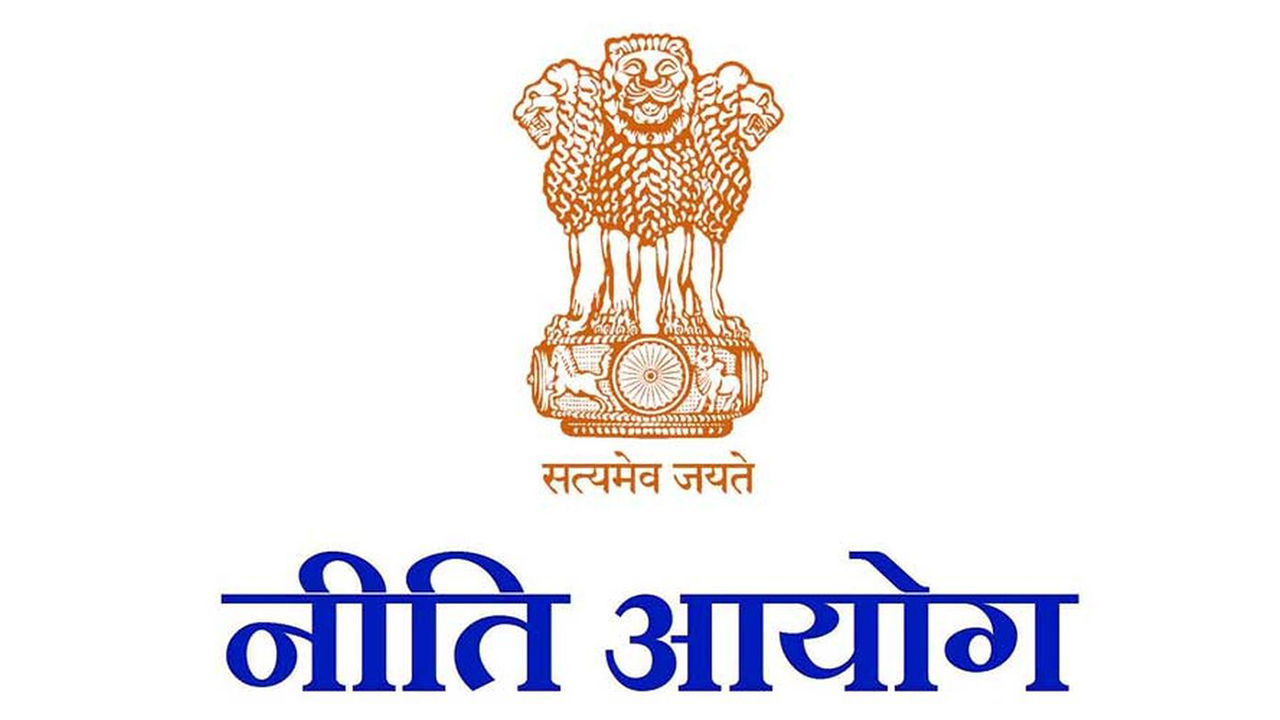NITI Aayog released the Second Edition of “Healthy States, Progressive India” today. The report ranks states and Union territories innovatively on their year-on-year incremental change in health outcomes, as well as, their overall performance. The Round II report focuses on measuring and highlighting the overall performance and incremental improvement over a two year period (2016-17 and 2017-18) in the States and UTs
The report was released jointly by Vice Chairman, NITI Aayog, Dr. Rajiv Kumar , Member NITI Aayog Dr. VKPaul, CEO, NITI Aayog; Amitabh Kant and the Secretary, Ministry of Health & Family Welfare; Preeti Sudan The report has been developed by NITI Aayog, with technical assistance from the World Bank, and in consultation with the Ministry of Health and Family Welfare (MoHFW).
he report is an annual systematic performance tool to measure the performance of the States and UTs. It ranks states and union territories on their year on year incremental change in health outcomes, as well as, their overall performance with respect to each other. The ranking is categorized as Larger States, Smaller States and Union Territories (UTs), to ensure comparison among similar entities. The Health Index is a weighted composite Index based on 23 indicators grouped into the domains of Health Outcomes, Governance and Information, and Key Inputs/Processes. . Each domain has been assigned weights based on its importance and has been equally distributed among indicators.
Among the Larger States, Kerala, Andhra Pradesh & Maharashtra ranked on top in terms of overall performance, while Haryana, Rajasthan and Jharkhand are the top three ranking States in terms of annual incremental performance. Haryana, Rajasthan and Jharkhand showed the maximum gains in improvement of health outcomes from base to reference year in indicators such as Neonatal Mortality Rate (NMR), Under-five Mortality Rate (U5MR), Proportion Low Birth Weight among New-borns, Proportion of districts with functional Cardiac Care Units (CCUs), Proportion of ANCs registered within first trimester, Proportion of CHCs/PHCs with Quality Accreditation Certificates, full immunization coverage, institutional deliveries, Proportion of Specialist positions vacant at District Hospitals and Proportion of total staff (regular and contractual) with e-pay slip generated in the IT enabled Human Resources Management Information System.

 NITI Aayog Releases the Second Edition of “Healthy States, Progressive India†Report
NITI Aayog Releases the Second Edition of “Healthy States, Progressive India†Report









.jpeg)

.jpeg)










.jpg)




.jpg)

